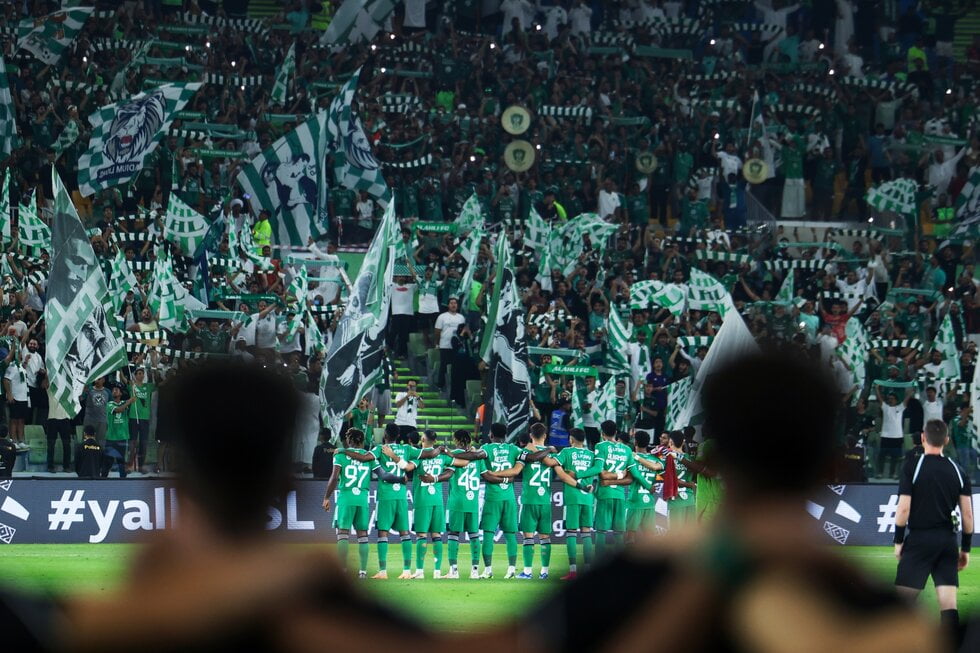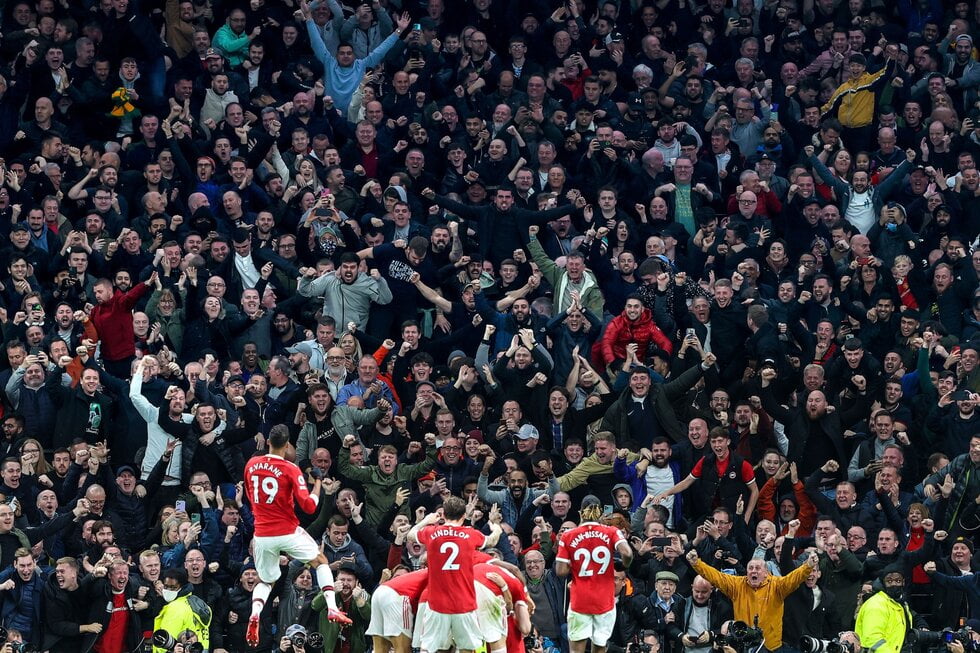The line regurgitated by many of the world-class footballers who switched Europe for Saudi Arabia during the summer was that they had made the switch to be ‘part of a new project’.
It was nothing to do with the eye-watering sums of money on offer, it was the promise of expanding the global reach of football and exposing a new corner of the world to the beautiful game that sealed the deal. Well, if you believe that, you’ll believe anything.
Fast forward several months, the likes of Karim Benzema, Jordan Henderson and N’Golo Kante are learning the reality of the situation as they play in front of embarrassing attendances in fixtures that don’t have an ounce of the competitiveness of matches in Europe’s top divisions.
What has been particularly noteworthy are the minuscule crowds in the Saudi Pro League as the competitions struggles to capture the imagination of audiences.
But how do the crowds in the Saudi Pro League compare to those in English football?
Saudi Pro League crowd attendances

It’s fair to say Saudi Pro League crowds pale in comparison to those in the majority of Europe’s big leagues, while also struggling to compete with attendances in South America and North America.
The club with the largest attendance in the Saudi Pro League in 2023/24 is Al Hilal, Neymar’s side who average 27,148 spectators per home game. Despite that not being a significantly low number, their King Fahd International Stadium houses just under 68,752 people, meaning their average attendance sits at just under 40% capacity.
It’s a similar story for some of the other big hitters in the Pro League. Benzema’s Al Ittihad average 23,003 fans despite a 62,345 capacity, while Al Ahli manage just 17,916 per match with a capacity of just over 62,000 as well.
On average, Cristiano Ronaldo plays in front of just 20,278 fans at Al Nassr, although Al Awaal Park only has a capacity of 25,000.
At the other end of the spectrum, Al Riyadh manage just 1,871 spectators on average, while Al Wehda get just 2,365 fans per game despite boasting a 35,000-seater stadium. However, it gets worse for Al Riyadh after their game with Al Okhdood managed just 133 spectators, while only clashes with Al Hilal and Al Ahli have managed five-figure attendances this term. Across the entirety of the Saudi Pro League, the average attendance is just 8,776 per game.
English football crowd attendances

Other than the Hatters, only five sides – Bournemouth (10,988), Brentford (17,053), Burnley (21,580), Fulham (24,382) and Crystal Palace (24,879) average fewer people than top performing Saudi side Al Hilal (27,148). However, all of those Premier League clubs have capacities of less than 27,000, meaning they would be physically incapable of matching Al Hilal’s total.
At the top end, there is no comparison. Manchester United’s 73,504 average attendance is larger than the average of Saudi Arabia’s three most-watched teams combined. The total average for a Premier League crowd among all clubs is 38,179 – over four times more than the Pro League.
Compared to the Championship, the Pro League also struggles to compete. Five teams – Sunderland (41,329), Leeds United (35,728), Leicester City (31,429), Southampton (29,122) and Ipswich Town (28,654) average bigger crowds than Saudi’s leading club Al Hilal, while even Rotherham United manage 10,771 fans per game – more than the Saudi Pro League average.
The Championship has an average audience of 22,795, far more than the Saudi Pro League’s sub-9000 average. However, it’s worth noting that England’s hugely popular second tier boasts more supporters than a number of leagues across the world, including Eredivisie and Liga Portugal.
League One also manages to trump the Pro League in terms of average attendance per club – 9,504 compared to 8,776 – while the average for League Two comes pretty close (6,049).


















